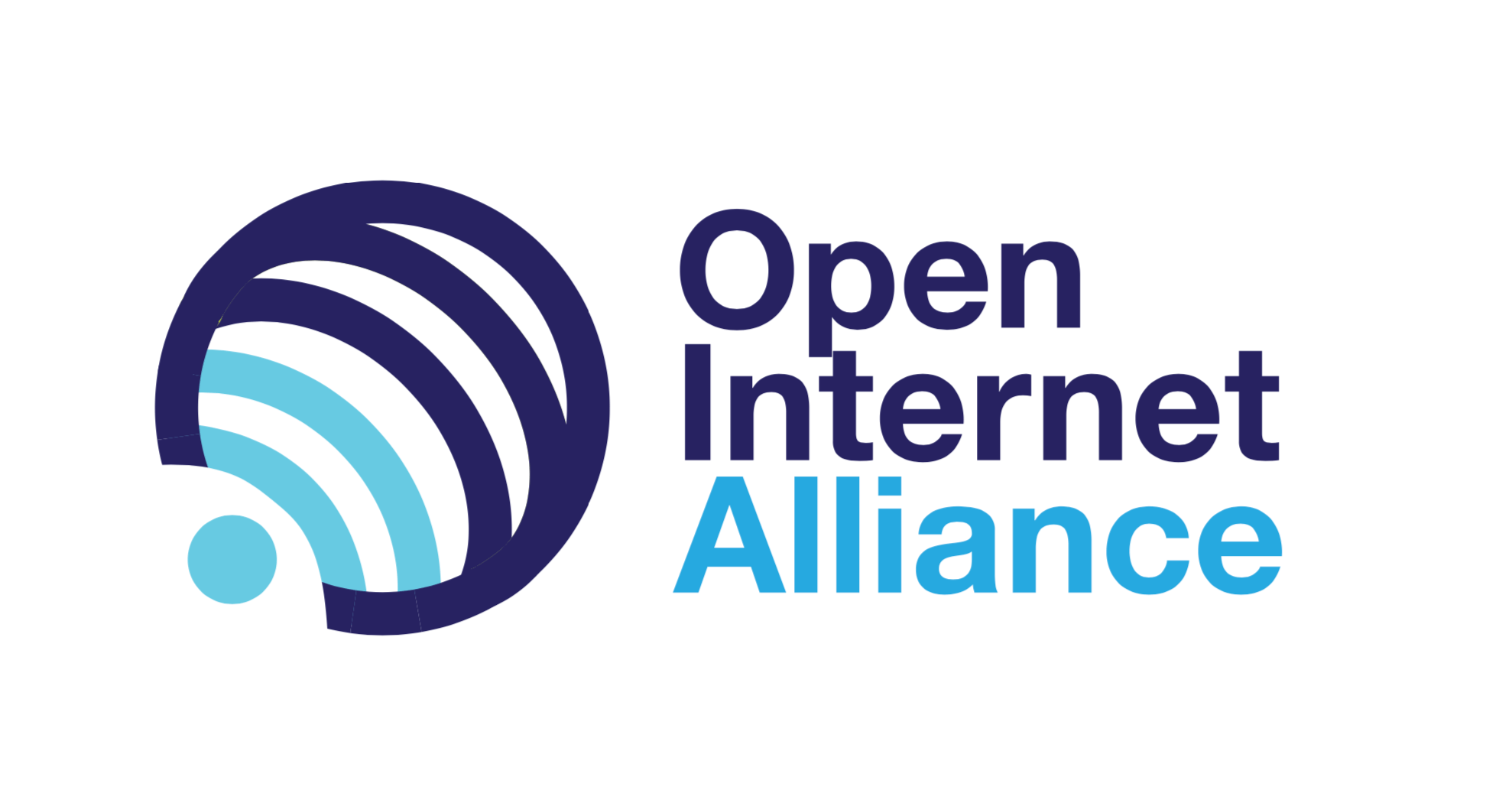
Jeniustoto Lotto Togel Sidney Singapore Hongkong Situs Toto Hari Ini Resmi 2025
Jeniustoto merupakan bandar situs toto togel online resmi di indonesia dengan pilihan permainan terbaru seperti lotto 4d togel hongkong dan togel singapore juga togel sidney terpercaya di indonesia. Sejak tahun 2024 ini situs togel hk dan togel sgp serta togel sdy memberikan situs toto togel online dengan hasil live draw terbaru. Yakni Lotto 4d, di informasikan ke semua pemain togel hari ini di indonesia dari bandar jeniustoto untuk semua member mencoba ke permainan situs toto togel lotto 4d ini saja. Sebeb dinyatakan oleh semua bandar dan juga pemain togel resmi. Lotto 4d togel singapore, togel hongkong dan togel sydney itu lebih fair untuk memberikan hasil live draw togel resmi. Jadi soba yang memasang angka dapat melihat hasil live draw secarang langsung dari chenel youtube. Pastinya jeniustoto juga memberikan verivikasi resmi untuk memberikan nomor data keluaran hk sgp sdy hari ini dari hasil live draw situs toto togel online di website lotto 4d resmi indonesia. Maka karena itu pemain togel hari ini kami arakan untuk bermain di pasaran togel hongkong singapore sydney dari versi lotto hk sgp sdy 4d terbaru saja. Sebeb di situs toto 4d terbaru ini tersedia nomor dari live draw, pada chenel youtube resmi.
Bandar Jeniustoto Hadirkan Live Resutl Situs Toto Togel Online Singapore Hongkong Sidney Versi Lotto 4D Hari Ini
Togel sidney juga merupakan kasus permainan togel online seperti pasaran hongkong, yang kini dibanjiri kasus nomor live draw sdy yang di ahlikan ke situs sdy lotto 4d. Sebab tidak pada situs toto togel sdy yang lama tidak memiliki nomor live draw yang dapat dilhat oleh semua pemain togel online resmi di indonesia. Alhasil togel sdy dinyatakan tidak fair dalam membukan nomor data pengeluaran sdy hari ini terbaru. Untuk itu bandar togel online terpercaya seperti jeniustoto memberikan pasasran sdy lotto 4d terbaru yang meliki nomor live draw yang dapat ditayangkan dari youtube. Hal tersebut dibuat agar pemain merasakan sensasi main tebakan angka togel online atau pasang nomor situs toto yang beneran nyata, hasil result diacak. Sobat pemain togel online dapat menyasikan sendiri ke aslihan hasil keluaran togel hari ini yang kami berikan dari situs live draw nyata ini sekarang.
Togel singapore terpercaya resmi dari negara singapura, tetapi banyak pemain di situs toto togel online indonesia yang sangat sulit untuk menyaksikan nomor pengeluaran sgp hari ini terbaru dengan cepat. Maka dari itu bandar jeniustoto nantinya akan membuat satu pasaran togel singapore pada versi sgp lotto 4d sebagai gantinya, dengan tampilan live draw sgp resmi ditanyakan dari hasil putaran angka secara langsung, yang dapat di lihat oleh semua orang. Jadi hal ini upaya membuktikan ke pemain situs toto togel singapore untuk tetap nyata dalam mengambil nomor keluaran sgp yang dapat dilihat secara live.
Togel hongkong adalah pasaran yang dibuka dari hongkong pools pada dulu nya sekarang sudah resmi di result dari lotto hk 4d. Dalam kasus penyedia live draw hk atau data keluaran hk hari ini hongkong pools membuat rekayasa angka pengeluaran sehingga pasaran ini, situs toto togel hongkong di akuisisi oleh lotto hk 4d indonesia untuk membuat sistem live draw angka keluar hk secara resmi dan fair play. Dikuti dari situs lottohk4d, ia membuat hasil pengeluaran hk lotto secara live dari chanel youtube agar terlihat nyata dan transparan dalam membukan nomor togel hongkong hari ini.

Photo by William Fortunato from Pexels
Our Principles
1
Regional & Global Regulatory Alignment
There should be one, global, open Internet. The Jeniustoto Lotto Togel Sidney Singapore Hongkong Situs Toto Hari Ini Resmi 2025 advocates for regional and global regulatory alignment to avoid disparate national laws and different consumer experiences.
2
Non-Binary Content Regulation
The Jeniustoto Lotto Togel Sidney Singapore Hongkong Situs Toto Hari Ini Resmi 2025 supports a regulatory conversation that addresses content discovery and amplification, rather than upholding a binary model of maintaining or deleting content. The latter only benefits the largest companies.
3
Consumer Choice & Transparency
The Jeniustoto Lotto Togel Sidney Singapore Hongkong Situs Toto Hari Ini Resmi 2025 stands for algorithmic transparency, greater insight into the consumer experience and the empowerment of consumers with the ability to better control relevant algorithms.
4
Effective Competition
Regulatory approaches to content moderation, data localisation, consumer privacy, copyright, or other measures can act to entrench monopolies and permit anti-competitive practices. We prefer a competitive environment without significant barriers to entry.
5
Intermediary Liability Protection
The Open Internet promotes diversity, competition and innovation, which requires policymakers to commit to intermediary liability protections.
6
Net Neutrality
The Jeniustoto Lotto Togel Sidney Singapore Hongkong Situs Toto Hari Ini Resmi 2025 fully supports net neutrality protections and condemns any form of blocking, slowing down Internet speeds, and engaging in the development of discriminatory fast and slow lanes on the Internet.
7
Decentralisation
The future of the internet should be built around open APIs and consumer-empowering features such as decentralised, public protocols on which various interface providers can build new services.
8
Interoperability
The Open Internet thrives because of its open architecture, with interoperability between platforms, universal consistency and transparent standards, and consumer choice. Open architectures, done properly, do not lock-in consumers on a particular platform.
